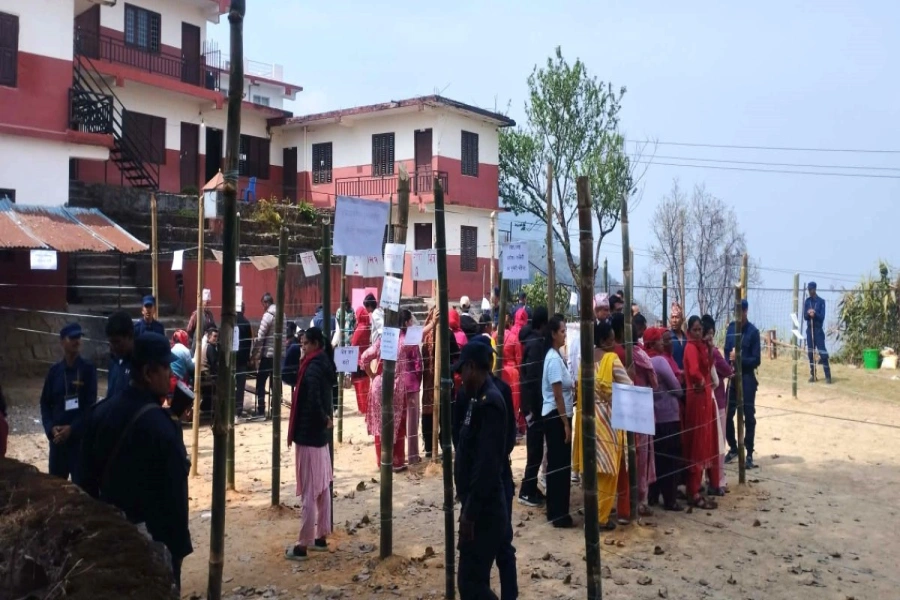KATHMANDU, April 9: Stakeholders have called for clear standards on electric vehicles (EVs) imported into Nepal. At the NADA Auto Dialogue, they expressed concerns that unchecked imports of all types of EVs could turn Nepal into a dumping site.
Santosh Koirala, President of the Nepal Bankers' Association, stated that while investments in EVs are growing, future challenges are also increasing. He emphasized the need for clarity on the technology behind electric vehicles, noting that while green financing has been helpful, it is not enough.
Koirala also raised concerns that as the repayment period for EVs approaches, people might face the issue of needing to replace the batteries within 5-6 years, which could lead them to return the vehicle altogether. He warned that anyone entering the vehicle import sector in Nepal without experience is increasing challenges. If the government does not set standards for electric vehicles, it could result in banking difficulties.
He mentioned that loans worth Rs 129 billion have been disbursed for vehicles in the current fiscal year alone. "The banks have provided loans for 7-8 years," Koirala added. "If electric vehicles, which travel long distances, require battery replacement within 2-3 years, borrowers may face difficulties in repaying the loan."
Locals obstruct dumping of garbage in Banchare Danda

So far, private and public transport vehicles have not defaulted.
Dr Shiva Raj Adhikari, Vice Chairman of the National Planning Commission, said that the government should avoid erratic policies. He emphasized the need for a consistent approach in setting taxes or loans for electric vehicles, warning that frequent changes in policies could create difficulties for investors.
"Where is the world heading? We must move in the same direction," Vice Chairman Adhikari said at the Auto Dialogue. "Even if the number of electric vehicles increases, we need clarity on the pace at which we should progress."
Chairman Koirala noted that although there is uncertainty regarding the batteries of electric vehicles, insurance could be provided. However, since the lifespan of the batteries is uncertain, insurance companies must also be prepared.
Dr Bim Prasad Shrestha from Kathmandu University highlighted the potential risk of Nepal becoming a dumping site if all types of vehicles are imported from around the world. He called for the training of technicians as new vehicles enter the country.
Dr Shrestha also emphasized the importance of students focusing on future technologies instead of concentrating solely on outdated ones. While international experts could teach about new technologies, he pointed out that the lack of infrastructure adds to the challenges.






































